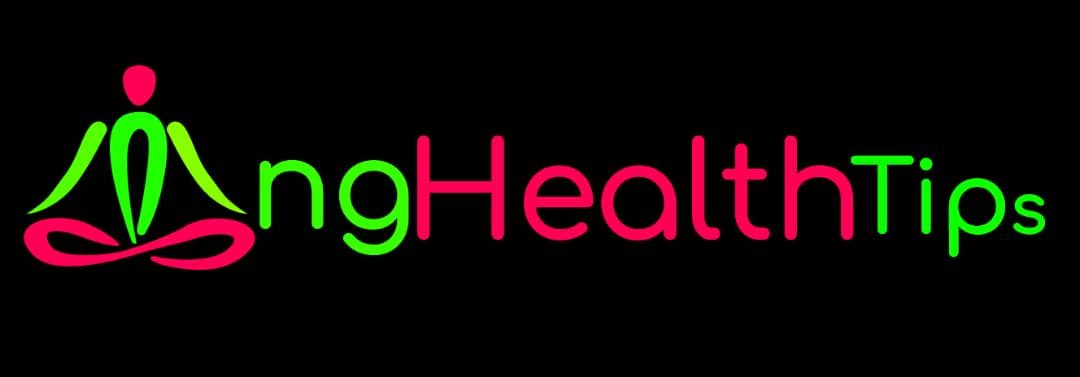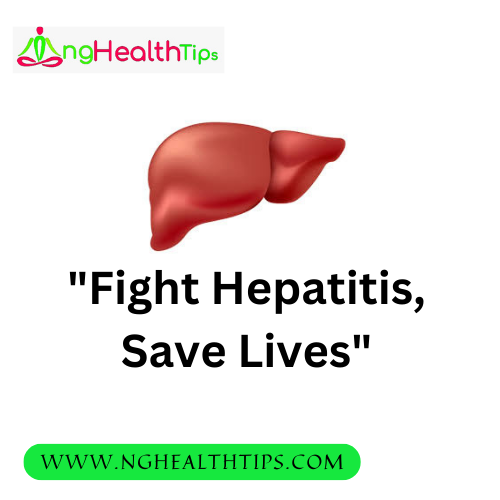10 INDISPUTABLE REASONS YOU FEEL HUNGRY
Hunger is a cue from the body for more nutrients in the form of food. Though taken as synonymous with appetite, appetite is the desire to eat. When there are hormonal changes and that of nutrients in the blood, the brain reads that an individual is hungry.
It is this instinct that gets us to find food and stay alive. The major reason you would get hungry is due to reduced or low level of nutrients in the blood.
Ghrelin referred to as the “hunger hormone” is released by the stomach when fewer calories than the body uses is consumed. Different lifestyle choices and biological status could cause the ghrelin hormone to be released from time to time, causing hunger.
Polyphagia or hyperphagia is a medical condition in which a person experiences excessive hunger and consumes food abnormally. Polyphagia is gotten from the Greek words polys which is “very much” and phago which translates to “eating or devouring.”
The case of hunger may or may not be polyphagia but here are 10 INDISPUTABLE reasons you feel hungry.
Diet
A diet which refers to specific intake of nutrients could induce hunger, reduce the time from when you feel full to hunger or improve your ability to stay a while without feeling the need to eat.
A common habit of chewing gum, possibly in hopes of wade of hunger, would induce the feeling of hunger. High-sugar diets, which consists of food and drinks containing fructose, could lead to increased appetite. This is because fructose would increase the production of ghrelin, in turn increasing hunger.
High-salt diet, artificial sweeteners, and alcohol consumption could also increase appetite, inducing hunger and cause you to eat more.
On the other hand, a high-protein diet and high-fiber diet would keep your appetite steady.
Medication
Certain medications could have an impact on hormones, hunger signals, andmetabolism.
Medications like Antidepressants, Appetite stimulants, Antipsychotics, Corticosteroids could leave you hungrier than normal, faster than usual.
Thyroid
The thyroid is a gland located in your neck. In the thyroid are 3 hormones, thyroxine, triiodothyronine, and calcitonin, which influence the metabolicrate and determine how the body uses energy.
Hyperthyroidism is when the thyroid gets overactive, increasing metabolic rate, energy and nutrients utilisationand consequently, hunger.
Stress
Stress, especially emotional stress could increase the level of ghrelin released by the stomach. Stressalso increases your preference for high-sugar and high-salt diet which would leave you feeling hungry faster.
Though stress could remove the feeling to eat, in the short run because of the product of epinephrine which triggers the fight-or-flight response, putting appetite on hold. If stress is long term though, another hormone is produced, cortisol. Cortisol increases appetite, inciting you to eat.
Pregnancy
During the first trimester, then mostly during the second trimester, appetite and cravings increase as more nutrients and energy is needed by the mother and the growing foetus.
During the third trimester, the mother might eat little at each meal but end up having numerous meals throughout a day. This is because of the reduced stomach space the baby is leaves.
Diabetes
When diabetes is not controlled, especially type 2 diabetes, glucose in the blood cannot enter the cells where they are needed.
Therefore food eaten cannot be converted to energy. This leaves you feeling like you lack energyand hungry.
Low blood sugar
Low blood sugar also knownas hypoglycaemia is when the sugar level of the blood falls below 70 milligrams per deciliter of blood. Hypoglycaemia usually occurs in people with diabetes who take too much insulin in the bid to make the cells absorb more sugar from the bloodstream. The overconsumption of insulin causes the sugar level of the blood to drop too low leaving the blood needing more nutrients.
Other common causes of hypoglycaemiainclude; excess alcohol consumption, anorexia, kidney problems, hepatitis and medications like some antibiotics, malaria and pneumonia medications.
Not drinking enough water
Apart from other bodily functions water facilitates, it is also good for stalling the onset of hunger, whether taken after or before meals.
Besides, if you don’t drink enough water,you begin to feel thirsty, and the body could mix this signal with the need for food. Also, not drinking water might make you subscribe to other high-sugar liquids which could onset hunger not long after.
Not getting enough sleep
Apart from making you refreshed, relaxed and relieved from stress, rest also has a hand in regulating hunger levels.
Ghrelin and Leptin are the two hormones in the stomach that regulates appetite and hunger; Ghrelin induces hunger, Leptin reduces hunger. If you don’t get enough sleep, the level of ghrelin increases while that of Leptin decreases leaving you with bigger appetites often.
Boredom
Emotional hunger comes about when you’re bored, idle or stressed and your body reads it as you being hungry. Also, you could be incited to feeling hunger and subsequently eating when you’re idle or feeling bored.
The dopamine system is so that eating feels rewarding. Dopamine is a neurotransmitter released in the brain that gives drive and motivation and causes an excited, stimulated feeling.
Trying to revert frequent hunger pangs, you can; input more high-fiber, high-protein foods in your diet plan, watch out for the medication you use and seek alternatives, increase water intake, get enough sleep, not be idle. See a doctor for suspected cases of hyperthyroidism, stress, diabetes and low blood sugar.
If you as an individual feel hungry all the time even not long after full meals, experience inexplicable weight loss or weight gain, ensure you get medical advice.











